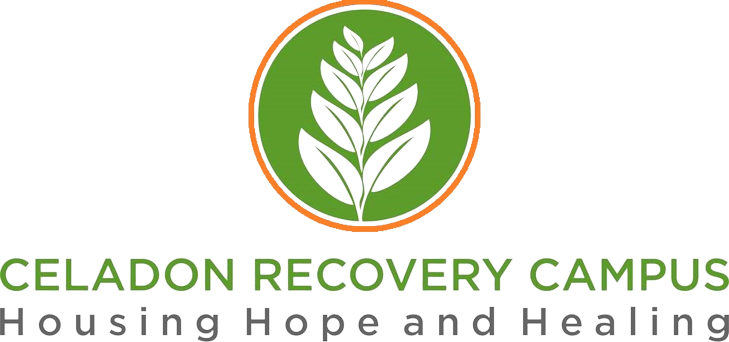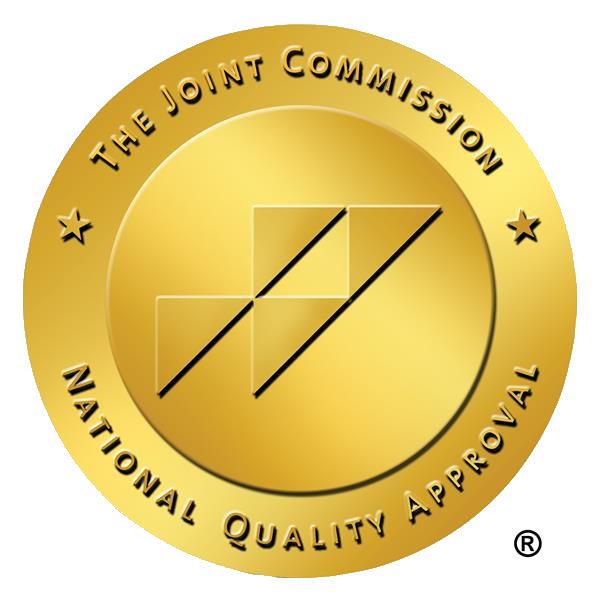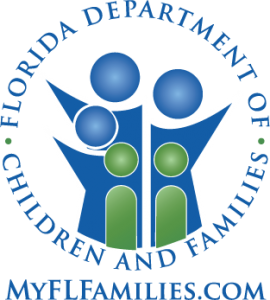Surrender is best explained as giving oneself over to someone or something else. When we consider an active addiction mindset, it’s clear that substance use forces us to surrender; when addiction is relentless, we put our thoughts, relationships, and self-esteem on hold. Moreover, people who suffer from protracted alcohol and drug use typically focus their priorities on drinking and drug use. In many ways, substance use disorder takeovers the brain – making us to surrender to it. When drugs and alcohol become so rooted in our everyday lives. we lose control control over our use; we’re basically surrendering or submitting ourselves to addiction without realizing it.
12-Step Support Group programs, such as Alcoholics Anonymous (AA) and Narcotics Anonymous (NA) indicate surrendering as the primary first step to recovery. In fact, many of the 12-steps – are all grounded on the principle of surrender. When we surrender in addiction recovery, we let go of our will to control it, and allow others to direct them. At the same time, many see surrender as faith-based as you’ll hear the popular slogan “give it up to God.” This essentially means that you’ve finally discover, your way of doing things is not working and your life has become unmanageable, so to speak. It’s also called a “moment of clarity” that prompts us to pivot and try something else.

Consequences Can Compel Surrender
The circumstances of surrender can be awakened by harsh consequences of our substance use. For example, if a person rejects that they have a drinking problem, they may be forced to finally face the severity of their addiction after being arrested for a DWI or fired from their job for missed work. These external factors provide overwhelming evidence that their actions are not normal, nor are they permitted in society. In other situations, the consequence appears in the form of a family intervention. For instance, a husband may not admit that he has a substance abuse problem, but when a spouse warns they may to leave, it grabs his attention. At the same time, an intervention is the last desperate act of a family to compel their loved one to surrender to the reality that they need to go to treatment and begin recovery. Other examples of consequences that force surrender include:
- Severed relationships
- Job loss
- Financial difficulty
- Legal problems, i.e., DUI or drug possession charge
- Severe health problems
About Celadon Recovery
Celadon is comprehensive addiction and mental health treatment center located along the shores of the Caloosahatchee River in Fort Myers, Florida. With a full-continuum of care including detox, residential, and outpatient programs, we are committed to quality substance use and co-occurring disorder care. Call us today at 239-266-2141.





